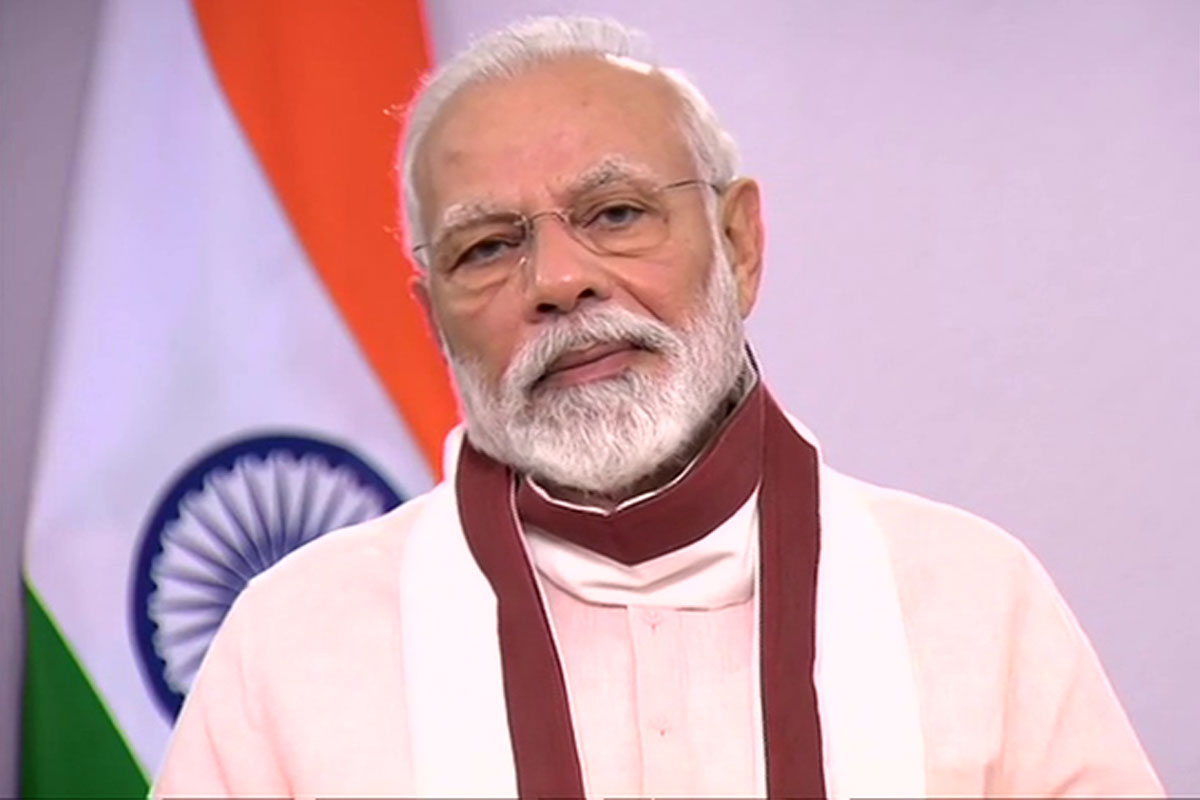Beloved brothers and sisters,
We have been struck by the worst tragedy since Independence. We shall overcome, with courage and resilience. But we must also change course in light of experience.
Colleagues and experts advised me to announce a Rs 20 lakh crore package spread over every possible vote bank. I was sceptical. For instance, providing Rs 3,500 crore for the relief of migrant workers sounded good, yet meant just Rs 250 each for 14 crore migrant workers, half the minimum daily wage in major cities. All the new financial measures will not prevent bank bad debts from doubling.
I was advised to finance the package through the RBI, banks, concessions and promises, not budgetary borrowing. Experts said our fiscal situation was perilous, and rating agencies might downgrade India to junk status if it announced a big fiscal rescue. Advisors also suggested gradual re-opening of the economy, keeping hot spots mostly shut.
After much thought, I have rejected this approach. Let us be strong and not dictated to by rating agencies, especially since other emerging markets are far worse off. The foreign direct investment we seek is not driven by credit ratings. So, I have decided to boldly expand the fiscal deficit by 5% of GDP to help needy people and enterprises. RBI will print the required sums.
Many measures suggested by my advisors are sensible. Others are just spin, reflect decisions already announced or expand ongoing schemes. That’s okay, good politics tries to raise morale at minimal fiscal cost.
The fundamental problem is that we are being ravaged not so much by COVID as our own lockdowns. The cure is proving worse than the disease. Lockdowns are killing enterprises, livelihoods and people on a massive scale. By contrast, COVID deaths are under 3,000, against 80,000 in the USA.
Alas, this is not because we are world leaders in prevention or containment. Millions of households sleep four or more people per room, making isolation and social distancing difficult. Our low fatality rate may reflect resistance got from dozens of other rampant diseases, from TB and flu to measles and pertussis. Maybe we get resistance from high temperatures, or from the most polluted air and water in the world.
Bottom line: fatality numbers today make COVID look only modest health risk. Yet to combat it, we have imposed terrible misery through draconian shutdowns. Ten million Indians die every year of various causes. TB alone claims 450,000. We do not respond by locking down the economy: we learn to live with the diseases.
COVID was initially feared to be as infectious as the Spanish flu of 2018 that killed millions. But today, India’s COVID fatality rate is peanuts. This may partly reflect incomplete data, partly the lockdown’s effect. But maybe we have also been guilty of panicky over-reaction to a not-so-deadly virus.
Every death is a tragedy, but a COVID death is not more tragic than a TB or influenza death. Since we live with those, why not with COVID too? Soumya Swaminathan of the World Health Organisation warns that we may have no choice: we may never have a fully effective vaccine for COVID, as is true of HIV and influenza. We may ultimately have to live with all these diseases.
Critics say that other developing countries have announced a bigger stimulus of up to 20% of GDP. This is misleading. Despite additional government spending, the GDP of these countries is crashing, so they are more sedated than stimulated. Lesson: the biggest and only sustainable stimulus is to get the economy to boom again, and that means phasing out lockdowns.
This will carry risks of COVID spreading. But in any case, it will eventually spread till we get ‘herd immunity’. Our policy of lockdowns in red zones is not working. The number of red zones seems to be expanding fast — from 130 to 180 districts that create two-thirds of GDP — and the answer cannot be to keep extending lockdowns. We must revive economic growth.
Let us shift focus from lockdowns that hurt a billion people to massive testing, tracing and isolating COVID-infected people. This will require a major change in mindset and administrative effort. In our crowded conditions, I fear we will meet only with partial success. But when no ideal solutions exist, let us shift from seriously flawed lockdowns to less flawed measures.
Beloved brothers and sisters, a great calamity has laid low all countries, even the mightiest. Let us not worsen that calamity through panicky over-reaction that is costlier than the disease. Changing course entails sacrifices. But deep in my heart, I do believe that we shall overcome someday.
This article was originally published on the Times of India website on 17th of May 2020 and can be accessed here.
Read more: Should Schools Waive Fees During Lockdown?
Post Disclaimer
The opinions expressed in this essay are those of the authors. They do not purport to reflect the opinions or views of CCS.





